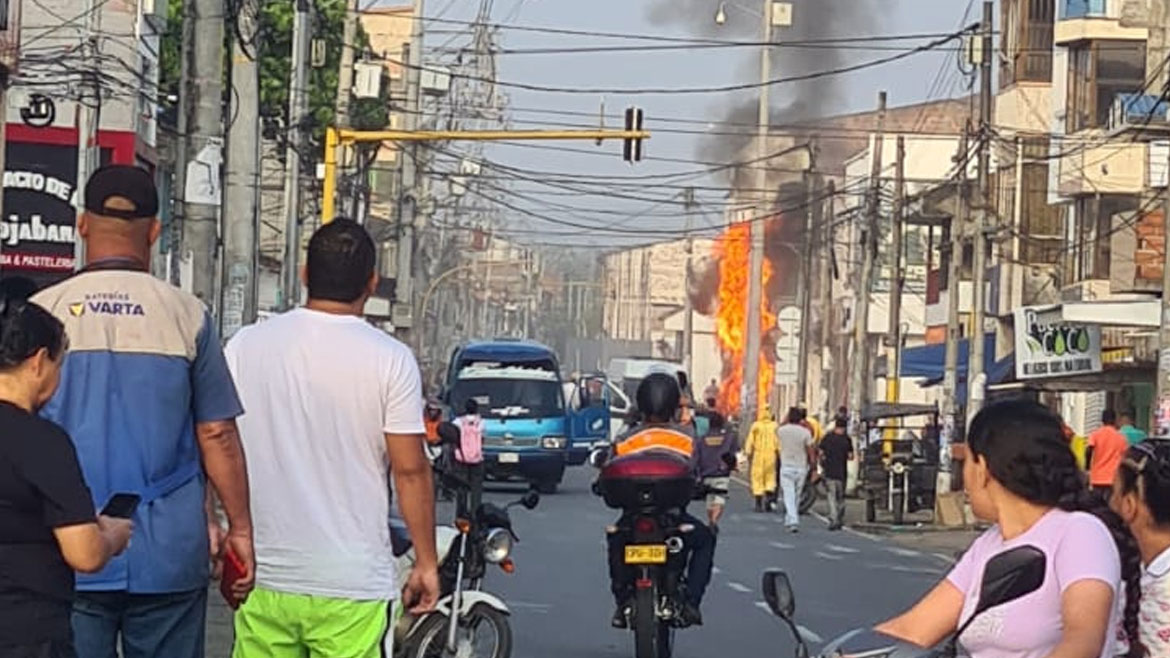Illegal armed groups that hold a major guerrilla stronghold in southwest Colombia “are better armed than the security forces,” according to a top security official from the Cauca province.
The southwest of Colombia has seen a surge in attacks on police stations after President Gustavo Petro suspended a ceasefire with guerrilla group EMC in the Cauca, Valle del Cauca and Nariño provinces.
The attacks in the past two weeks were all carried out by alleged EMC units on the fringes of the Micay canyon, a region in the west of Cauca, which has been contested for years.
Petro’s “total offensive”
Petro ordered the National Army to “finish the offensive in the Micay canyon” after three attacks in Jamundi, a town in the south of Valle del Cauca, in less than two weeks.
This offensive began in March after the suspension of the ceasefire that took force in October of last year.
Since then, at least 15 guerrillas and four soldiers were killed.
The recent attacks show that the EMC continues to have the capacity to carry out attacks in the towns around the Micay canyon.
Why the region is so important
Inside the contested region, the guerrillas continue to control some of Colombia’s most productive coca plantations, cocaine factories and drug trafficking routes.
The presence of the EMC’s Western Coordinating Command has also blocked projects to create hydroelectric dams in the region or allow local farmers to replace their coca for crops meant for legal consumption.
Last but not least, the guerrillas are able to maintain a certain level of control over the gold deposits in the region.
Recycled war
The military offensive ordered by the president is the latest of many attempts to effectively control Cauca’s Pacific region.
Petro’s predecessor, former President Ivan Duque, sent 2,000 soldiers to Cauca to “recuperate control” over the Micay canyon in 2021 and failed.
Duque’s predecessor, former President Juan Manuel Santos, made the Micay canyon a priority region after the 2017 demobilization and disarmament of the now-defunct guerrilla group FARC in an attempt to promote peace.
None of these efforts succeeded in bringing peace to the region.


